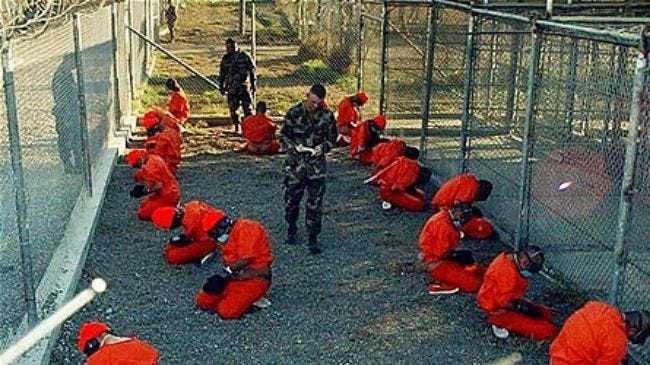Merrick Garland’s Ruling on Hufaiza Parhat is Reason for Hope
President Obama’s pick for the Supreme Court, Merrick Garland, is not a particularly revolutionary or inspiring choice. An old white man, Garland is not a nominee who will work the base up into a lather by his personality alone. Luckily for the Obama administration, Republican opposition to the nominee, unseen and unheard, should do a lot to offset that lack of enthusiasm.
Garland may or may not be approved by the Senate- although the rise of Donald Trump on the Republican side makes it more likely that the GOP will take Garland over the inevitable Clinton nominee in 2017. But those on the left looking for any hope in this moderate’s record can look to Hufaiza Parhat’s suit against the US government as a bright spot in the darkness.
Hufaiza Parhat is a former Uighur Guantanamo detainee who was transferred to Bermuda on a guest worker program in 2009. That transfer was assisted by Garland’s ruling for the US District Court of Appeals.
Parhat sued the federal government for continuing to hold him without charge, seven years after his capture. The ruling was appealed to the District Court of Appeals in June of 2008.
In that ruling, Garland wrote that because it was “undisputed that [Parhat was] not a member of al Qaida or the Taliban, and that he [had] never participated in any hostile action against the United States or its allies,” the court would “direct the government to release Parhat, to transfer him, or to expeditiously convene a new Combatant Status Review Tribunal.”
In other words, the federal government’s action of snatching Parhat up in 2001 and imprisoning him without charge and without any evidence of wrongdoing was insufficient grounds to deny his release. At the very least, the court ruled, the federal government would have to prove Parhat’s guilt.
Furthermore, the opinion holds that the federal government may not unilaterally withhold information from the public under security concerns of the information being “law enforcement sensitive.” The opinion leaves open the possibility of withholding the information, but only once the government has proven the sensitivity of that information to the courts.
Without an explanation geared to the information at issue in this case, we are left with no way to determine whether that specific information warrants protection — other than to accept the government’s own designation. But as we held in Bismullah, “[i]t is the court, not the Government, that has discretion to seal a judicial record, which the public ordinarily has the right to inspect and copy.”
While Merrick Garland is certainly an uninspired and rote pick for the Supreme Court, the Parhat ruling- specifically related to the release of information and the need to prove guilt for detention- provides some small reason to hope for the left.





